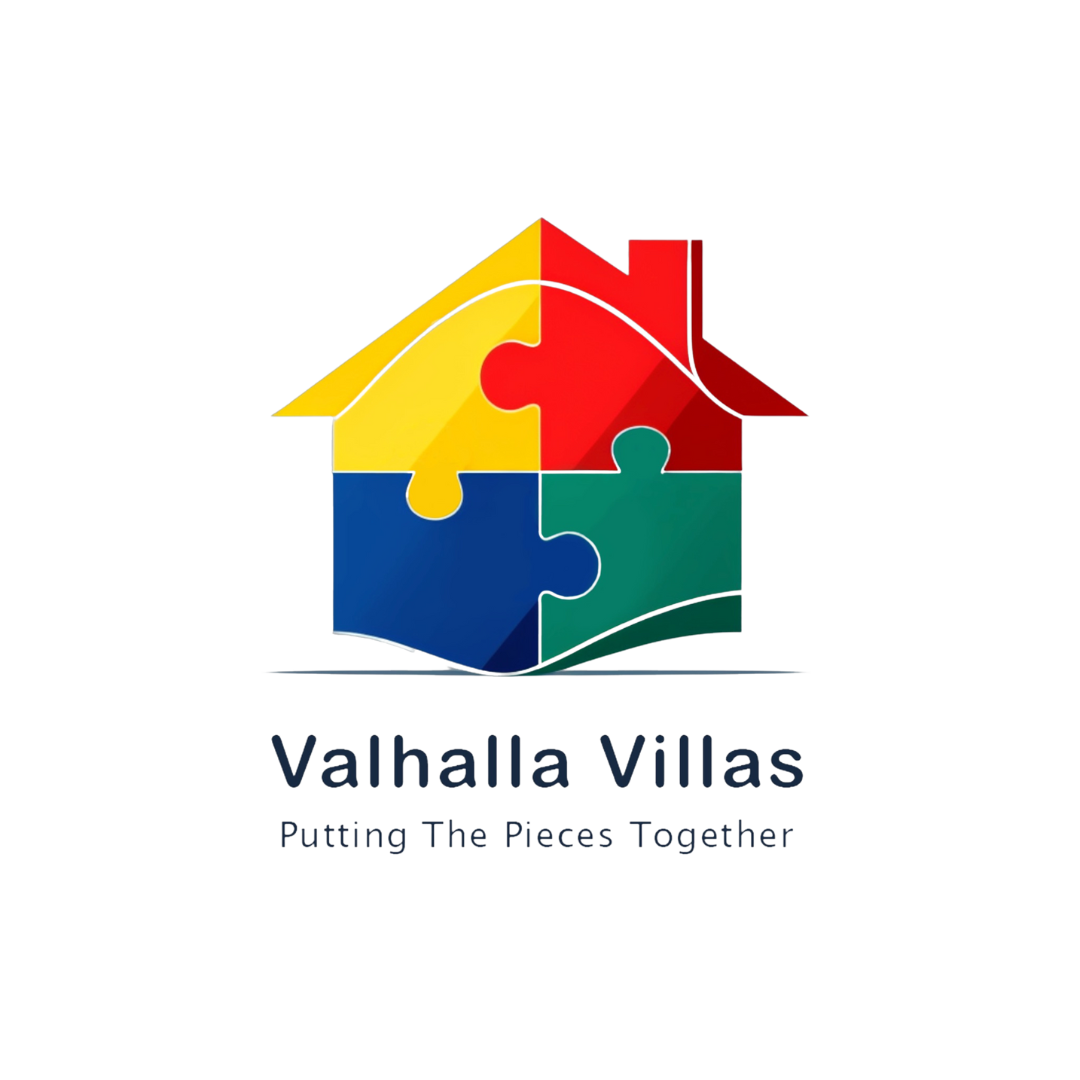Transitioning to adulthood is a significant milestone in everyone’s life, more so for children with special needs. This phase often brings with it a unique set of challenges and opportunities. For parents and caregivers, preparing early and comprehensively for this transition is crucial in ensuring a smooth shift to adulthood. This blog post aims to provide an informative guide on transition planning for children with special needs, focusing on the aspects that matter most.
Understanding Transition Planning:
Transition planning is a coordinated set of activities designed to prepare students with disabilities for life after secondary education. According to the Individuals with Disabilities Education Act (IDEA), transition planning must begin by the time the student reaches 16 (in some cases, as early as 14). This plan is a part of the student’s Individualized Education Program (IEP) and should be tailored to the student’s strengths, preferences, and interests.
Key Elements of Transition Planning:
Education and Training:
- Post-secondary Education Options: It’s essential to explore various educational pathways tailored to the individual needs and capabilities of the child. This might include specialized colleges, vocational training programs, or continuing education in special education centers.
- Life Skills Education: Equipping children with practical life skills is paramount. This includes teaching them how to manage a budget, cook for themselves, and use public transportation effectively.
Employment:
- Career Exploration and Guidance: This involves helping children identify their interests and potential career paths. It’s crucial to align their vocational interests with their abilities and support them in pursuing these paths.
- Job Training and Internships: Providing opportunities for real-world work experience and job-readiness skills through internships and training programs can greatly enhance their employment prospects.
Independent Living:
- Housing Options: Understanding and exploring different living arrangements is key. This includes finding housing solutions that cater to the varied and specific needs of children transitioning into adulthood.
- Daily Living Skills: Training in essential daily living skills such as self-care, household management, and navigating community safety can significantly enhance their independence.
Community Participation:
- Social Skills Development: Encouraging active participation in community activities and social events helps in building social skills and confidence.
- Building Support Networks: Connecting with support groups and organizations can provide a valuable network for both the children and their families.
Health and Wellness:
- Managing Healthcare Needs: Transitioning from pediatric to adult healthcare providers is a critical step. It’s important to ensure continuity and adequacy of care.
- Mental Health Support: Access to mental health services, including counseling, is crucial for addressing any psychological challenges that may arise during this transition period.
Legal and Financial Planning:
- Guardianship and Advocacy: Understanding and setting up the necessary legal frameworks for guardianship and advocacy post-18 is essential for protecting the rights and interests of the child.
- Financial Planning: Providing guidance on financial management, including setting up trusts and navigating benefits, helps in securing their financial future.
Steps for Effective Transition Planning:
- Start Early: Begin discussing transition during middle school years to provide ample time for planning.
- Involve the Child: Ensure the child is actively involved in the planning process, reflecting their aspirations and abilities.
- Coordinate with Professionals: Collaborate with educators, therapists, and transition specialists.
- Identify Resources and Supports: Research and connect with local and national resources designed to assist in the transition.
- Review and Update the Plan Regularly: As the child grows and their needs change, the transition plan should evolve too.
Transition planning for children with special needs is a journey that requires careful planning, abundant resources, and a strong support system. By addressing educational, vocational, social, and personal development needs, we can help pave the way for a fulfilling and independent adult life for these individuals.
Remember, every child’s journey is unique, and their transition plan should reflect their personal dreams and capabilities. At Valhalla Villas, we are committed to supporting families in this vital phase, ensuring every child with special needs has the opportunity to thrive in adulthood.


